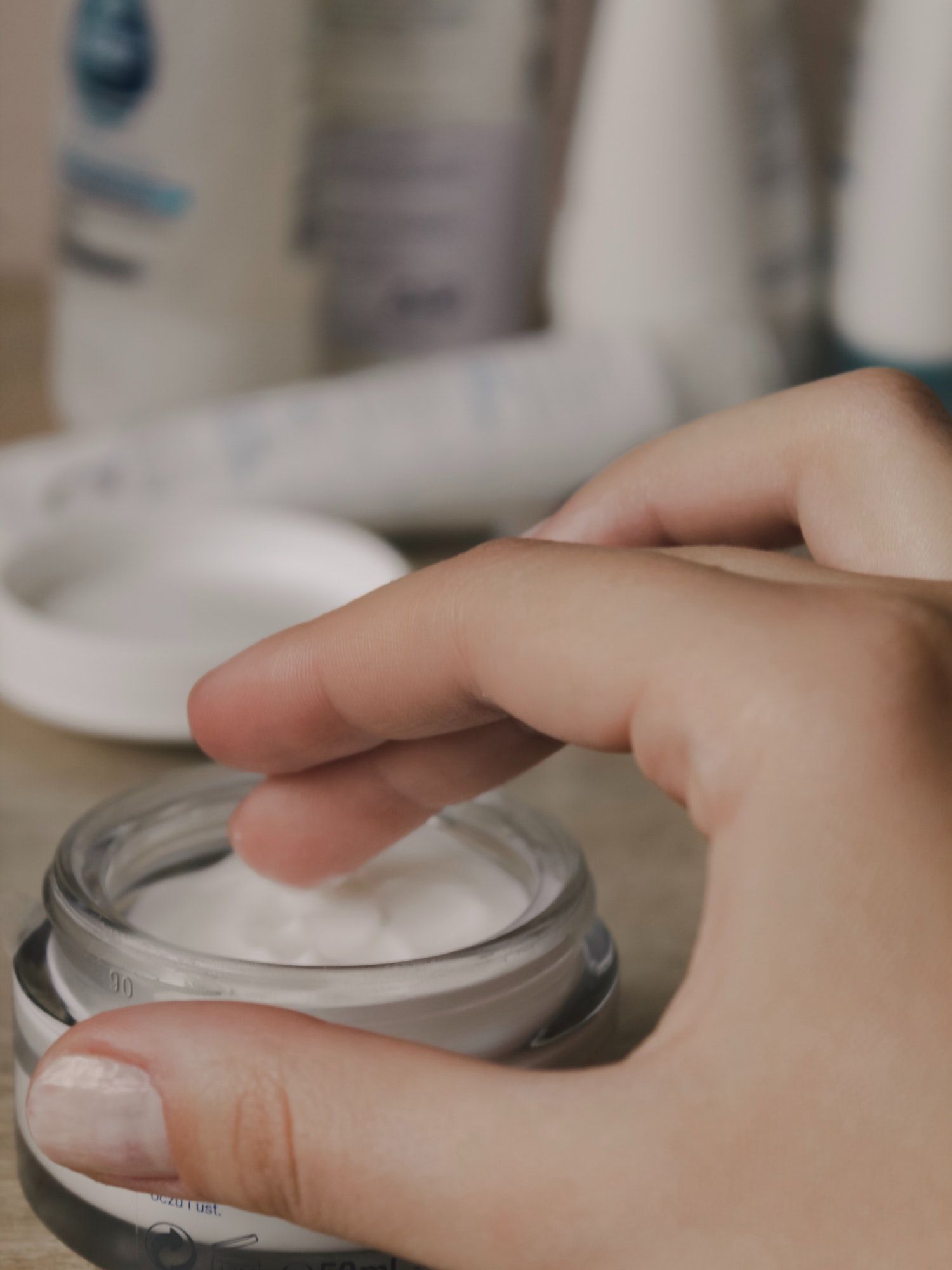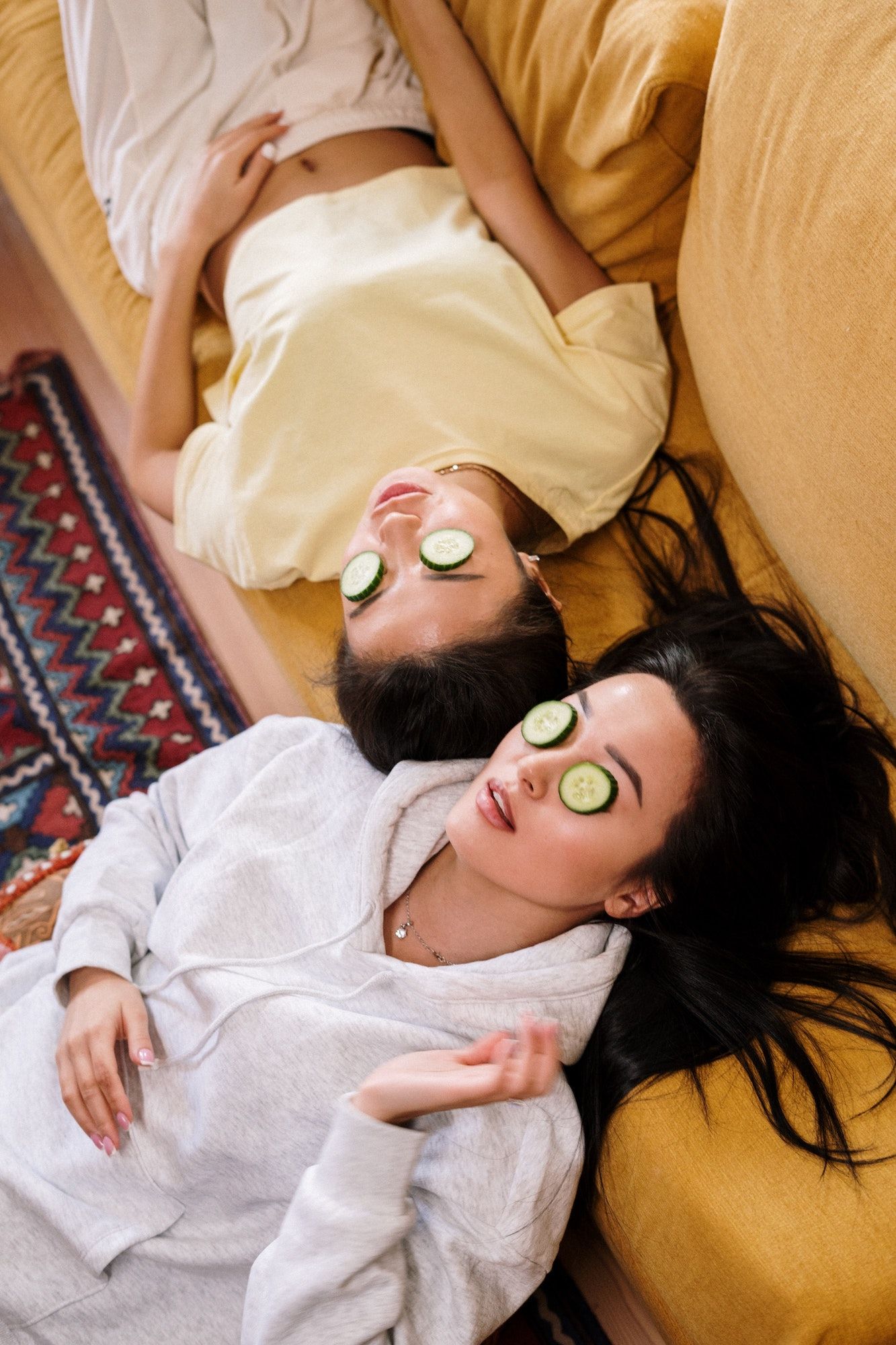Suffering from stress-related acne? We asked a dermatologist to break down the effect that stress and anxiety has on the skin and what you can do to prevent it
Due the pandemic and the ongoing daily habit of wearing face masks, many of us have become well-versed in tackling new skin problems such as maskne, but another unwanted skin condition is creeping onto the scene––stressne.
There are multiple reasons why we get stressed, from pressures at work and trying to maintain balance, to you know, living through an ongoing global pandemic. We all know that stress and anxiety can have a negative impact on our lives, causing everything from low energy and moods, to insomnia, headaches and more––but have you ever though of the impact it's having on your skin?
A year into Covid-19, you're not alone if you're feeling slightly out of sorts, with ongoing global travel bans and lockdowns affecting our mental health, the overall impact may also be taking its toll physicalyl, presenting itself in the form of unwanted breakouts. Here, we seek the expert advice of Dr. Yoram Harth, Board Certified Dermatologist and Medical Director of MDacne to find out the true relationship between stress and your skin, and exactly what we can do to combat it.
See also: How To Treat Dark Circles, According To Skincare Scientist Dr. Barbara Sturm
How does stress contribute to acne?
"Acne flares up for many different reasons, including diet, exercise regimens, poor skin routine and hormone imbalances" explains Dr. Harth.
However, she continues, "Despite the amount of research done around skincare, the relationship between acne and stress has been misunderstood for years. Contrary to popular belief, stress alone cannot directly cause acne. However, one thing is definite––stress hinders the skin's healing process and can contribute to breakouts by affecting various systems within the body".
"While it's been determined that stress single-handedly cannot cause acne, it's clear that stress can trigger unwanted activities in the body, which may lead to acne and other skin conditions, including eczema, rashes, and rosacea." she states.
These activities include hormone imbalances, which can lead to higher levels of sebum oil; a lower cell turnover rate; a weakened skin barrier function; and quite simply, causing individuals to touch their face more often than usual.
See also: Should You Try Slugging?
What is stress acne?
Dr. Harth explains that "Generally, acne caused by hormones, including stress acne, develops on the body's oiliest parts. This includes the chin, jawline, and cheek area and shows up on the face and neck sides. More times than not, they present themselves as deep cysts that evolve into angry, red pimples".
Continuing, she states "If you're dealing with more breakouts than usual, you may be experiencing one result of the domino effect caused by stress. Another telltale sign that you're facing a stress-related eruption is that you'll notice several new pimples at once, even if you aren't usually acne-prone. Unfortunately, those who are predisposed to acne are likely to experience flare-ups when stressed––they may also be more susceptible to other unpleasant problems such as hyperpigmentation, wrinkles, premature ageing, and dark spots".
See also: These Are The Beauty Products Our Editors Use To The Very Last Drop


